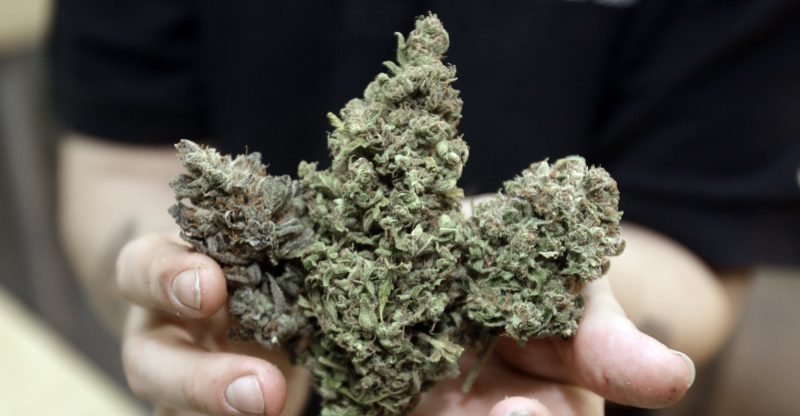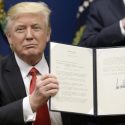Issues With The Legalization Of Marijuana In Canada
Justin Trudeau’s government is not proving entirely stubborn in handing to the Canadian provinces and territories a larger share of the revenue—$500,000,000 Canadian dollars from a federal excise tax on one of the most arguably controversial “drugs” that is marijuana.
His government is keen on doing this on the account that the extra Canadian dollars be put towards the betterment of the provincial and territorial municipalities’ handling of the negative effects of legalizing recreational weed.
The feds feel that this should be done in 2018, July.
It seems that the half a billion dollars might not be a fixed sum. This is according to the Canadian Press which has information that the Finance Minister, Bill Morneau, has decided to be flexible with the money and is willing to increase it during talks with his counterparts across the country.
Said talks are currently happening as a future meeting with his federal, provincial and territorial counterparts awaits. The chosen dates are the 10th through to the 11th of this month. The main topic on the table: taxing the “harmless” herb.
If Mr. Morneau does decide to make an increment on the already generous half a billion, then he would be inadvertently taking money from the pockets of the feds.
When will the final decision be made?
After a comprehensive assessment of the necessities of the municipalities has been made and the provincial and territorial officials collectively agree to use the money to provide the necessities.
Here is the collective voice of the Federation of Canadian Municipalities:
“We all need to know that legalization will not download unsustainable financial or operational burdens to municipalities”.
The Mayor of Toronto, Mr. John Tory anticipates that there are additional costs that will be a hurdle for the municipalities to get over. These costs are for law enforcement, public health and zoning & licensing.
Last year July, he wrote to the premier of Ontario, Kathleen Wynne imploring her thinking about offering a part of the cannabis revenues (perhaps) by way of a tariff to the municipalities.
Here is a short excerpt from the letter he wrote to Premier Wynne:
“Whatever decisions are made, I have no doubt the result will be increased costs for the City of Toronto.”
As the deal stands right now, there is to be a toll of $1 for every gram of cannabis or one-tenth of the final selling price but at the end of the day, the higher of the two will be taxed and 50% of the revenue will be given to the provinces and territories.
Since prime minister Justin Trudeau’s announcement of the excise tax, his provincial and territorial counterparts have been uneasy and have made their collective voice heard since the beginning of October. The source of their distress is the sharing they’ll have to do with Ottawa on the revenue.
The Premiers say that on their own side as the leaders of the provinces and territories, they will be responsible for the bulk of the cost of the legalization with road safety, law enforcement and security, and public education. And because of this, they should receive a larger portion that a 50/50 split.
In conclusion, the hard truth is this:
If cannabis is not legalized and controlled, gangs and the black market will continue to make money off of the people. But with this, it is “safer”. The tax that’ll be placed on the “herb” will be on all by-products such as oils infused with marijuana, young plants, seeds, etc.
The final sale price of cannabis will be decided on by each province and territory.





